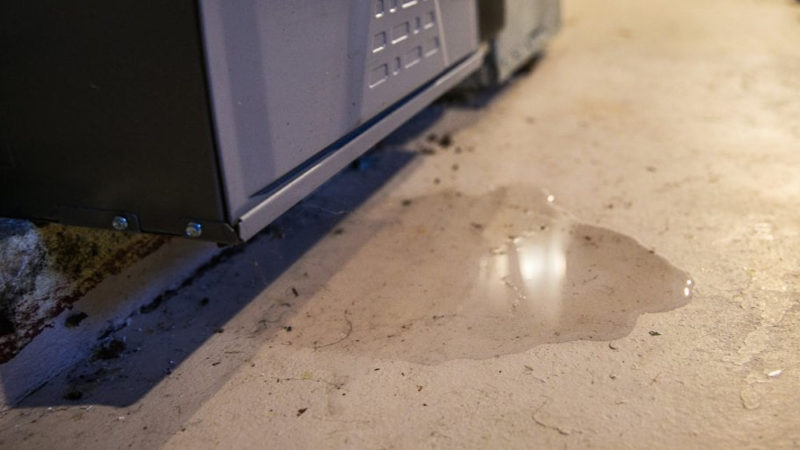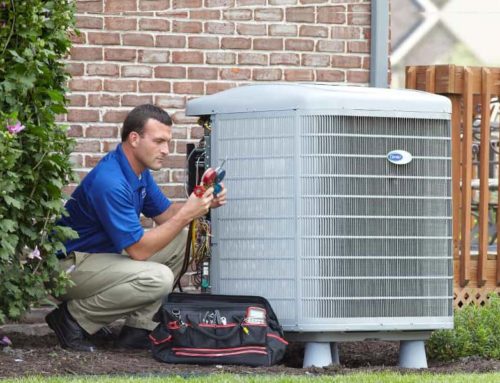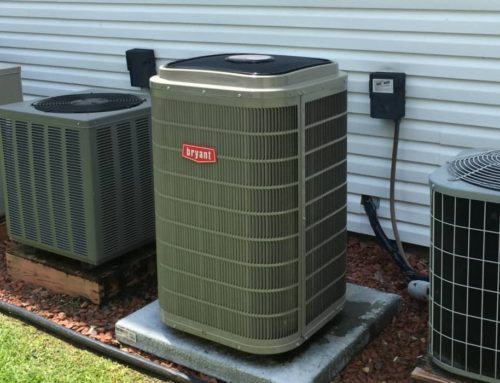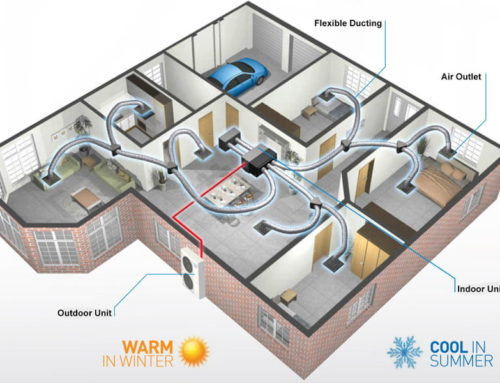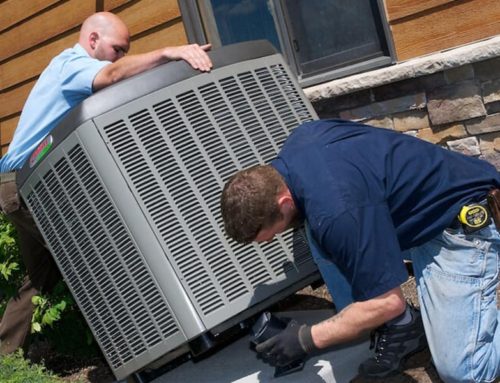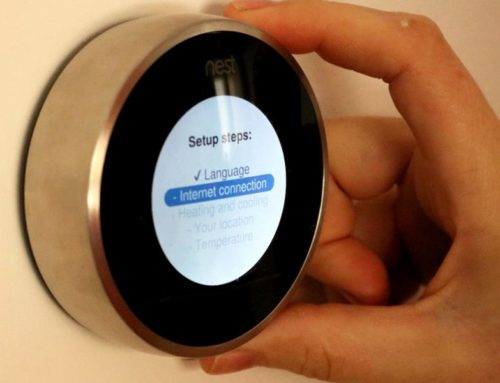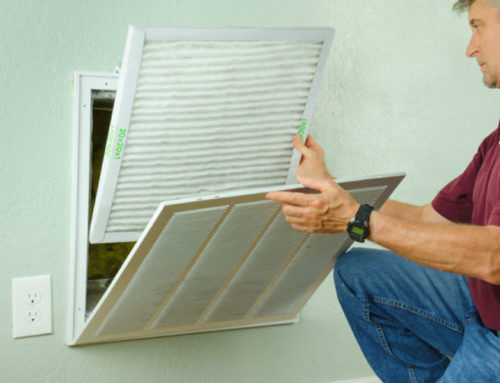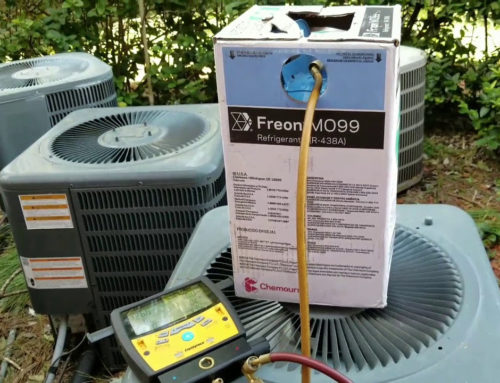One of the most questions people find themselves answering during long Huntington beach summers! To put it bluntly, there are many reasons why your home A/C unit can leak water inside.
Before we proceed, we would like to ask you to turn it off to prevent further damage. Let’s address it right away.
Dangers of Using an A/C Unit While It’s Leaking
#1. Health hazards
As you’ll learn after reading the information down below, one of the outcomes of a leakage sees the coolant leaking into your home. What will end up happening is it’ll swiftly evaporate into a gas that’s going to be extremely harmful to the residents. It normally causes a plethora of health issues such as queasiness, migraines, and even suffocation. Once chlorofluorocarbons come in contact with the skin, it might result in serious irritation. Prolonged exposure to chlorofluorocarbons may lead to labored breathing and fainting. It also might end up being fatal.
#2. Damage to A/C unit
While the things mentioned above usually take time, damage to the A/C unit happens almost immediately in case you decide to continue using it. Putting pressure on a leaky conditioner might lead to irreparable damage to the compressor. Essentially, you’ll have to replace it. In addition to that, a leaking A/C unit consumes 30% more electricity to compensate every 5% loss of coolant.
#3. Damage to the soil
Latest research shows that chlorofluorocarbons damage the soil and remain unabsorbed by it. In fact, the penetration is so deep that they can contaminate underground water sources. The same water is consumed by locals, animals, plants, etc. There have been multiple cases in which chlorofluorocarbons caused so much contamination that they were able to render nearby wells totally unusable.
How Much’s Too Much?
There are two key things to influence the amount of condensation one might anticipate from the unit and those are:
* Thermostat settings;
* Outside temperature.
Let us expand a little bit on that. In case you live in a damp climate, finding a smallish pool of condensation next to the drain pipe is nothing out of the ordinary, it’s NOT a cause for concern.
Nonetheless, there IS a clear line between the unit’s normal functioning and leakage. If you’re not 100% sure how much dripping water to expect, you’ll find this information extremely useful. So, in case your air conditioning unit is operating as anticipated, it can produce a small pool of water that will dry up rather fast on a warm day.
One of the biggest red flags here is consistently. In case your A/C unit starts leaking water every single day, then you have a major issue on your hands.
Where Does the Water Come From?
The answer to that question is rather simple. Every unit has evaporator coils – their sole purpose is to cool down the hot air blowing over it. That leads to accumulation of condensation on the coils, which then leaks into a condensate drain and down the drain line.
Keep this information in mind as we further discuss the possible sources of this leakage.
Cause #1: Worn out/rusty drain pan
In case you got an older unit (8-10 yrs.), the drain pan might be broken beyond repair or rusted thru. Because of that, water leaks out – you will have to change the pan.
Cause #2: Jammed condensate drainage line
A clogged drainage line is one of the most prevalent causes of water leakage. In case it’s blocked by soil, grime, slush, mildew or any other particles, that water finds its way back into your house. The solution is simple – you’ll have to find a way to unclog it. Granted, there exist numerous unclogging techniques that you can look up online.
The best-case scenario, however, would be hiring a skilled A/C technician that will use a special vacuuming device to ensure that there’s no residue left whatsoever.
Cause #3: Unclean air filters
You can read more information on that on our blog, we did a more in-depth article regarding this common issue.
Essentially, dirty air filters make it impossible for the air flow to reach the evaporator core. As a result of that, it gets way too icy and freezes solid. Once that ice starts melting, there may be more water than your pain is equipped to handle.
As a general rule, you are required to replace your air filters every 30 days or so. Once again, it varies from case to case, so for more information you definitely have to read our in-depth article.
Cause #4: Faulty condensate pump
In case your heater or interior A/C unit is situated on the ground floor, the chances are that there’s a condensate pump. If it starts malfunctioning, the water doesn’t get pumped outdoors any longer. You’ll have to get it fixed or replaced entirely.
Cause #5: Improper installation
If your unit was recently installed and there already are leaks, it most likely occurs due to an installation issue. You’ll have to hire a professional to take a look at that and assess the installation.
Cause #6: It’s too cold outside
The A/C unit can start leaking if it’s running while it’s too cold outside. The coils might freeze up in case the temperature outdoors is below 50 degrees.
Cause #7: There’s not enough coolant
In case your unit doesn’t have enough coolant to utilize, the pressure lowers in the system, and that causes the core to freeze solid. Once again, when the ice inside starts melting, it causes the drainage pan to overflow. Here are the tell-tale signs of the unit not having enough coolant:
* It’s not cooling well;
* You hear wheezing or fizzing sounds (possibly signifying a coolant leak).
Depending on how serious this issue is, you may have to buy a brand-new A/C unit altogether.
Need Help?
If doing the things that we mentioned above is not helping, contact Ace Air today to get your air conditioning unit fixed.
We provide same-day repairs, we always make sure that the customer is 100% satisfied with the services provided. Be sure to give us a call right away!

